All Formats & Editions
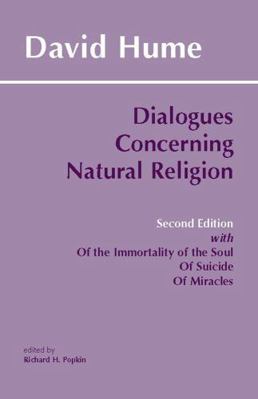
Dialogues Concerning Natural Religion
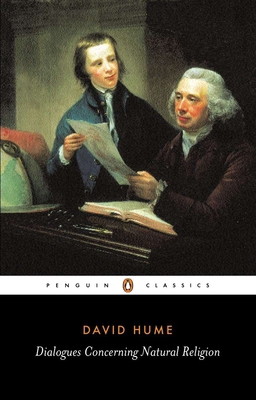
Dialogues Concerning Natural Religion
In the posthumously published Dialogues Concerning Natural Religion, the Enlightenment philosopher David Hume attacked many of the traditional arguments for the existence of God, expressing the belief that religion is founded on ignorance and irrational fears. Though calm...

Dialogues Concerning Natural Religion (Penguin ...
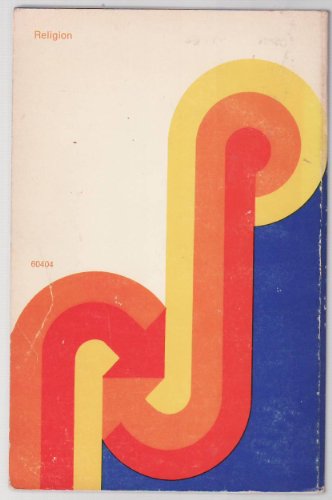
Dialogues Concerning Natural Religion: Hume

Dialogues Concerning Natural Religion (Hackett ...
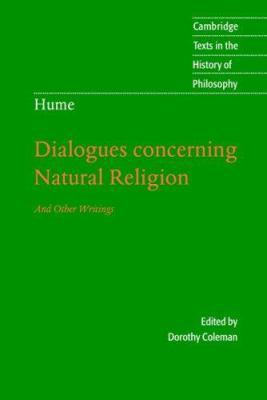
Hume: Dialogues Concerning Natural Religion
David Hume's Dialogues concerning Natural Religion, first published in 1779, is one of the most influential works in the philosophy of religion and the most artful instance of philosophical dialogue since the dialogues of Plato. It presents a fictional conversation between a...
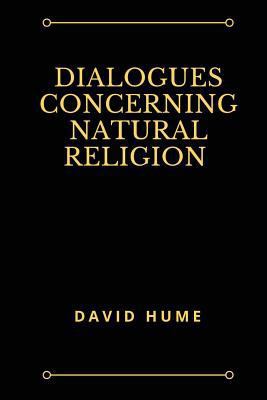
Dialogues Concerning Natural Religion
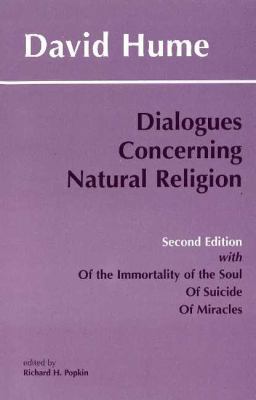
Dialogues Concerning Natural Religion
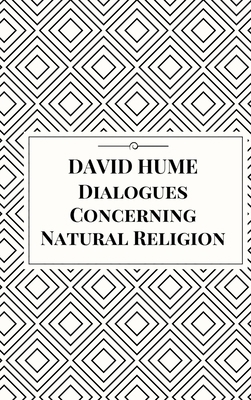
Dialogues Concerning Natural Religion

Dialogues Concerning Natural Religion

Dialogues Concerning Natural Religion
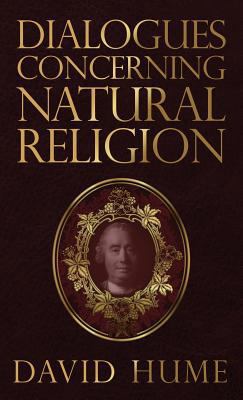
Dialogues Concerning Natural Religion
Published after his death to avoid persecution, Hume's biting criticism of religion and non-empirical methods of pursuing knowledge have resonated over the centuries, manifesting even to this day in the "New Atheist" movement. Many of the arguments that surface today in disputes...

Dialogues Concerning Natural Religion by David ...
Dialogues Concerning Natural Religion by David Hume
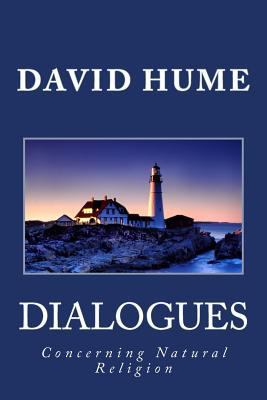
Dialogues Concerning Natural Religion
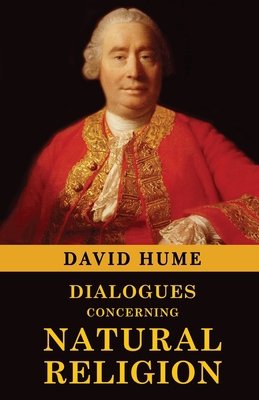
Dialogues Concerning Natural Religion
A classic work of religious philosophy, Dialogues Concerning Natural Religion is Scottish philosopher David Hume's famous examination of the nature of God. Through dialogue three fictional characters named Demea, Philo, and Cleanthes debate the nature of God's existence. While...

Dialogues Concerning Natural Religion
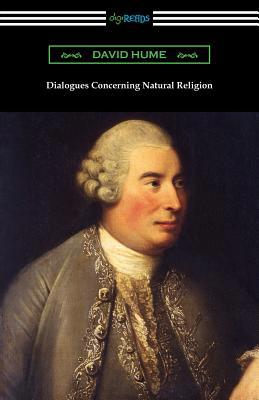
Dialogues Concerning Natural Religion
First published posthumously in 1779, "Dialogues Concerning Natural Religion" is Scottish philosopher David Hume's classic work of religious philosophy. This detailed and exhaustive examination of the nature and existence of God was begun by Hume in 1750, but not completed...
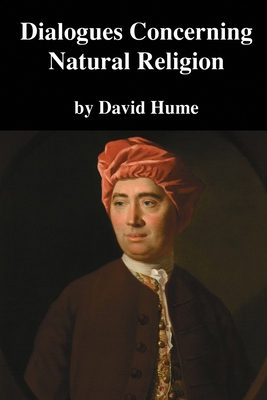
Dialogues Concerning Natural Religion
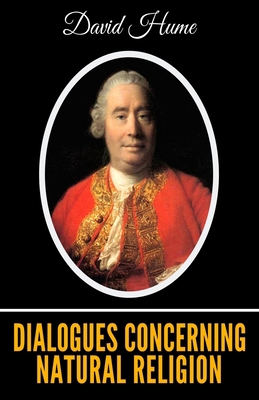
Dialogues Concerning Natural Religion
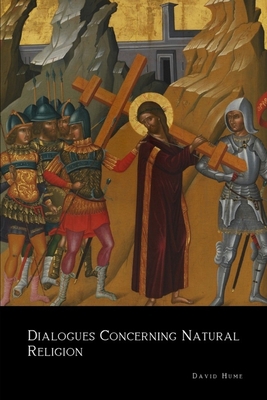
Dialogues Concerning Natural Religion (Annotated)
Dialogues Concerning Natural Religion is David Hume's famous examination of the nature of God. Hume asks the question as to whether or not man's belief in God can be supported by experience. The subject is discussed between three philosophers named Demea, Philo and Cleanthes...
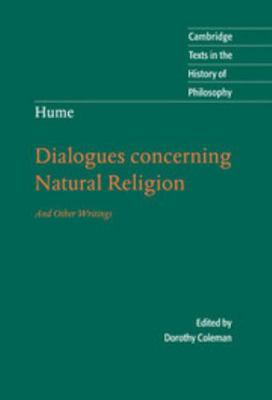
Hume: Dialogues Concerning Natural Religion

Dialogue Concerning Natural Religion
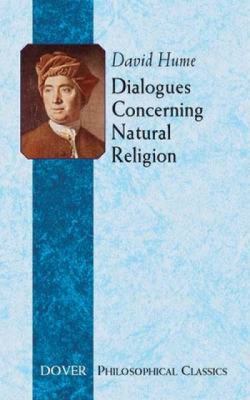
Dialogues Concerning Natural Religion
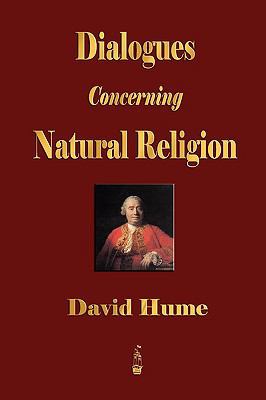
Dialogues Concerning Natural Religion




